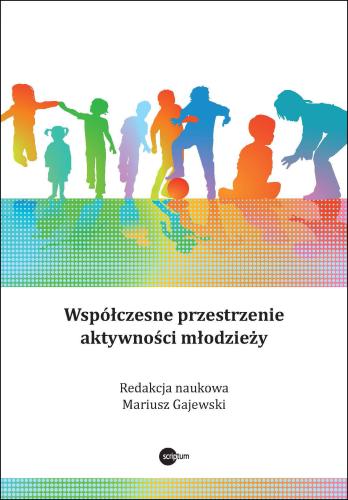Psychological and Pedagogical Aspects of Youth Motivation/Activity
Synopsis
In this study, the author analyzes the intricate field of motivational processes emphasizing their fundamental role in understanding human behavior, joins the ongoing discourse on the nature and role of motivational mechanisms in human life, seeks connections between theoretical concepts of motivation and their practical application in the field of upbringing, education and youth development. First, attention is focused on the young generation as a special social group, citing recent research reports on motivation in various aspects of human activity with a special emphasis on research on the activity of children and adolescents. In the following part, the author discusses motivation from the perspective of modern psychological concepts, analyzing its basic mechanisms and social conditions that shape it and have a certain influence on it. The differences between intrinsic and extrinsic motivation are pointed out, followed by a discussion of the importance of rewards for performed and abandoned activities and the relationship of motivation to self-image. Attention was also given to the importance of the theory of achievement motivation in human decision-making processes. Finally, the close relationship of motivation to the planning, initiation and execution of selected activities was pointed out. The author’s considerations conclude with a summary and conclusions, in which he identifies the key, optimal and necessary directions of educational interactions, emphasizing the need to adapt didactic and educational strategies to the specific motivational dynamics of youth. In the conclusion, the author presents his own educational and upbringing proposals for supporting and developing youth activity, conditioned by motivational processes.



